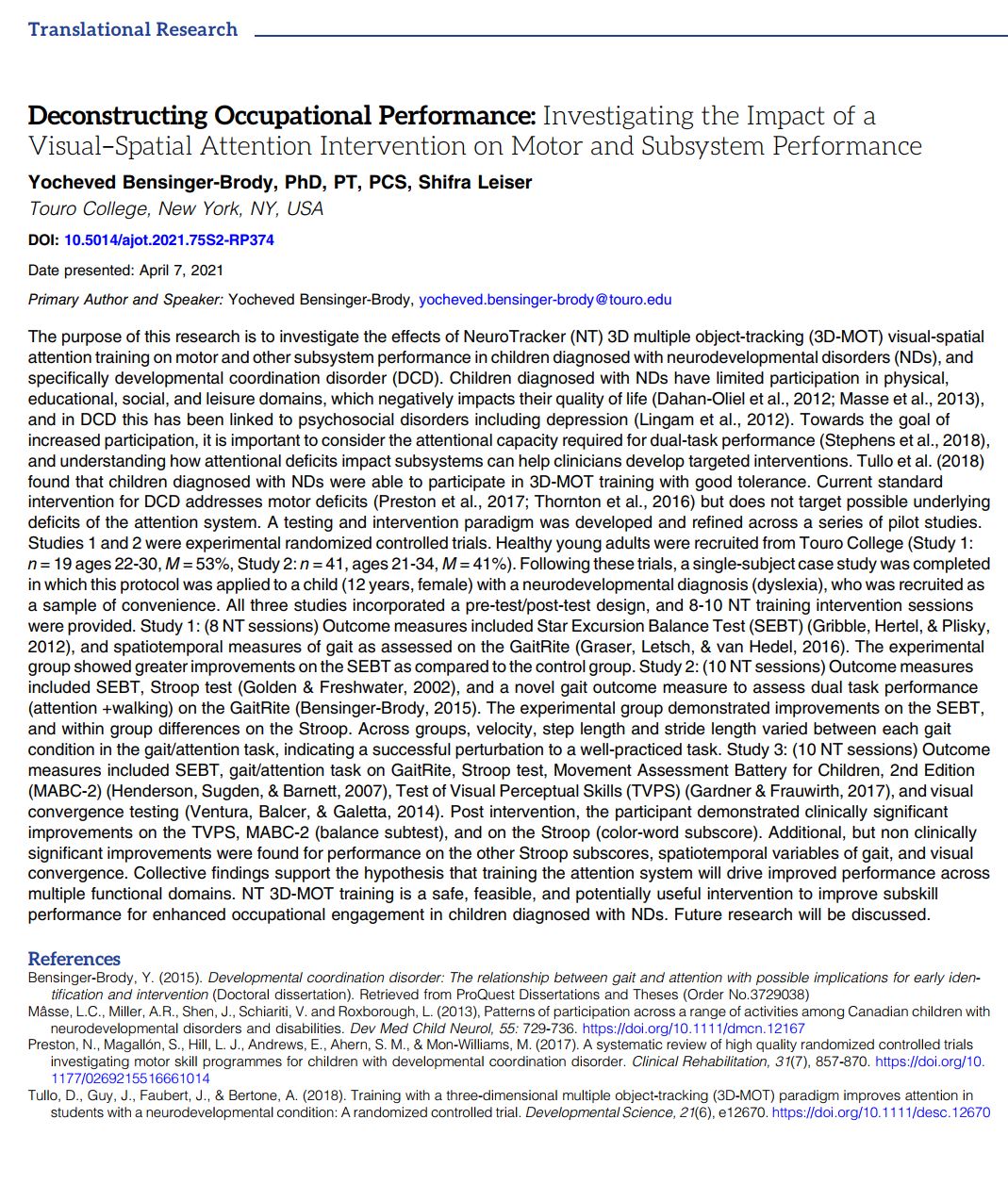Welcome to the Research and Strategy Services at in today's fast-paced.


When you suffer from a brain injury, your vision can take a real blow! If you’re lucky, symptoms of visual dysfunction may resolve in a short period of time. For others, symptoms may persist for weeks, or even months!
Visual problems resulting from concussions or traumatic brain injuries (TBIs), however, are often overlooked. This is particularly the case during initial treatment of the injury. Vision problems that are hidden and neglected can have serious consequences. For instance, they can lengthen and impair rehabilitation. Fortunately, most visual system disorders following head trauma are highly treatable if identified. The key is to schedule a visual examination.
For athletes who suffer from persistent concussion-related symptoms, it is recommended for them to undergo a vision screening. An examination will determine if a visual dysfunction is present. So without further ado, here are 7 common vision problems associated with brain injuries:
Blurred vision refers to the loss or lack of sharpness of eyesight. As a result, you may have an inability to see fine detail. Objects appear to be out of focus or hazy. You may find yourself blinking, squinting or rubbing your eyes to gain a clearer view. Remember, though, sudden changes to your eyesight aren’t normal so don’t neglect your eye visit.
Sensory disorders are common among those with a traumatic brain injury (TBI), including vision anomalies. Photophobia, or sensitivity to light, is commonly reported among individuals who have sustained a brain injury. The affected usually have an intolerance to light. Sources such as sunlight, fluorescent light and incandescent light may all cause discomfort, along with a need to squint or close their eyes.
The ability to see a single image with two eyes involves a complex system of muscles, nerves and other eye parts. When two eyes correctly and accurately point and focus at the same time, we see only one image of the world. Double vision can happen when two eyes point and focus differently from each other. With a head injury, double vision often comes on suddenly.
A lot of people have experienced sore eyes at some point in their lives. When eye pain does not seem to get better, this could be a sign of something more serious. Aching eyes that result from a concussion, may not always cause pain or discomfort in your eye. You could also experience pain around them.
Individuals who have sustained a concussion may be prone to frequent headaches when they read, watch television, spend time on the computer, etc. Good visual skills are fundamental for efficient information processing. When processing visual information is challenging, you may try harder to focus. As a result, you may be straining without even knowing it because the effort is subconscious.
Our eyes have an automatic focusing system which adjusts the lens inside our eye to see clearly at all distances. If there is a problem in how easily or quickly your eyes focus, that visual problem relates to a condition known as accommodative dysfunction. You may have difficulty tracking objects, or shifting gaze quickly from one point to the other.
Those who have sustained a head injury may have difficulty reading due to words that seem to move or change appearance. They may also experience decreased fluency, reading speed and challenges with comprehension.
As you can see, when the visual system is dysfunctional, every task can seem difficult. Consequently, you use more energy than usually required. From eye tracking, to fixation, to maintaining attention, a lot of visual skills are affected by a TBI. That’s why if you’ve suffered from a TBI, it could be beneficial to visit a strong vision care professional. These professionals also play an important role in your overall rehabilitation.








Welcome to the Research and Strategy Services at in today's fast-paced.

If your thinking feels slower than usual, it doesn’t automatically mean something is wrong. This guide explains common short-term causes, normal cognitive variability, and how to interpret changes calmly over time.

Many professional roles require cognitive performance to be sustained over long periods rather than demonstrated briefly. This article explains how sustained cognitive load shapes performance in knowledge-work and monitoring environments.

An overview of the important interpretational difference between temporary changes in brain state, and durably lasting changes in cognitive capacities.
.png)